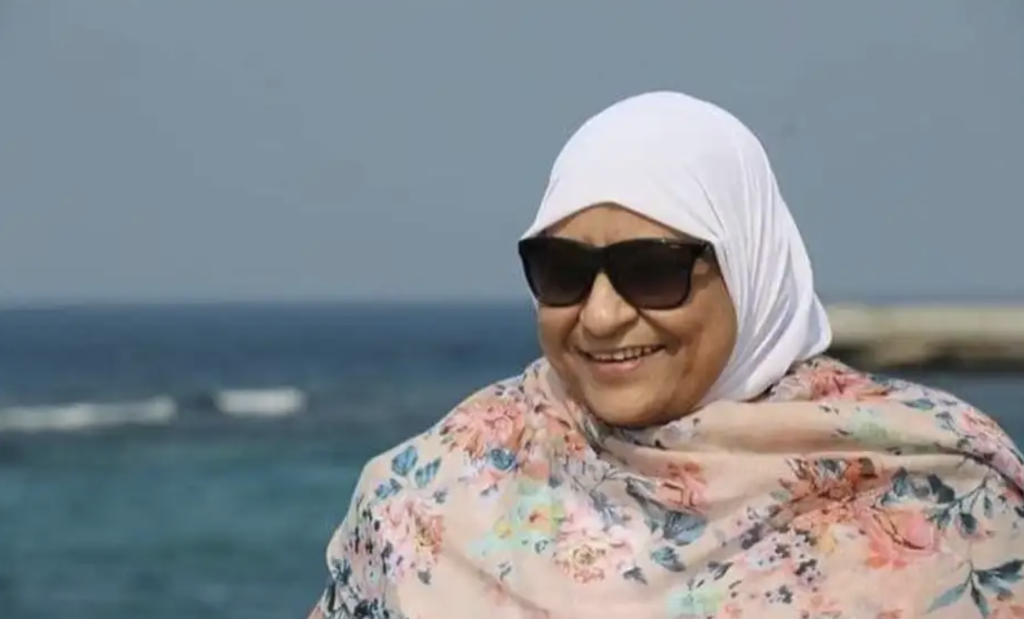For a full text copy of the report, click here.
The Middle East and North Africa in July 2011 is a dramatically different place than it was in early January 2011. These historic changes call for bold responses, and President Obama has promised that the U.S. will support democratic principles with “all of the diplomatic, economic and strategic tools at our disposal.” These economic tools include direct funding and various forms of foreign assistance delivered to the region, and in this regard, the administration has demonstrated a clear commitment to supporting the political transitions in the Middle East and North Africa. The administration’s desire to use assistance to encourage reform in countries not undergoing transitions, however, is less clear, given that this requires the U.S. to address sensitive issues that may antagonize the host governments. 
During a year when Congress has slashed funding globally for international affairs by 13%, the administration deserves credit for recognizing the historic importance of the moment in the Middle East and using creativity to find needed resources to support transitions in the region. The administration has shown a willingness to think outside the box and explore all options for meeting the demands at this critical juncture amid an extremely constrained budget environment.
Indeed, while foreign assistance to most countries in the world is being cut considerably, the only country in the Middle East that is facing substantial funding cuts is Iraq. Funding to Lebanon and Morocco has been reduced modestly and increased funding has been secured for Egypt, Tunisia, and Yemen.
Moreover, in Egypt and Tunisia, this funding has been allocated for programs that will genuinely aid these countries’ democratic development. In contrast, in countries that have not witnessed major leadership change like Morocco, Jordan, and Lebanon, programming fails to address the fundamental issues that need to be resolved in order for genuine democratization to take hold.
Thus, the U.S. may be willing to devote substantial funds to the Middle East, but it remains reluctant to support programming that addresses controversial or politically sensitive areas that may antagonize the host government in countries not currently undergoing political transitions.



